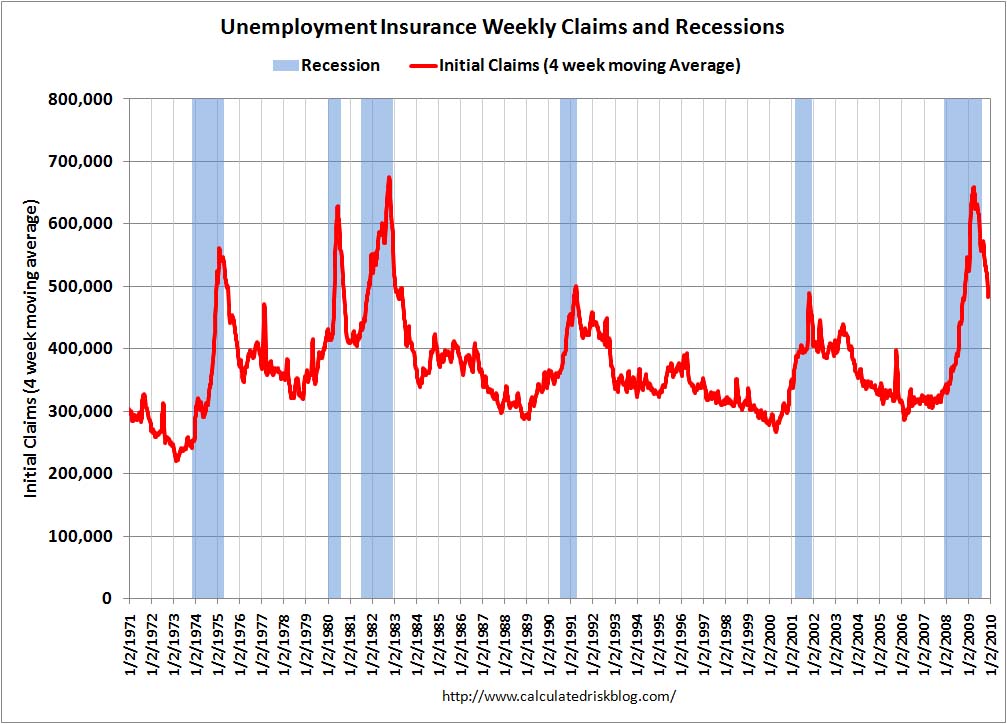after a 65% rise in the stock market in 6 months we are now at the bottom??? lol.... ok.
The bottom of the economic decline, and the bottom of the housing market.
Stocks are a leading indicator. The fact that equities are up 65% is an indication that the financial crisis is over and that the economy has bottomed.
lol....you are a hoot! Why not just admit the truth? You (and everyone else) don't have a clue what the economy, housing, or the stock market is going to do.



